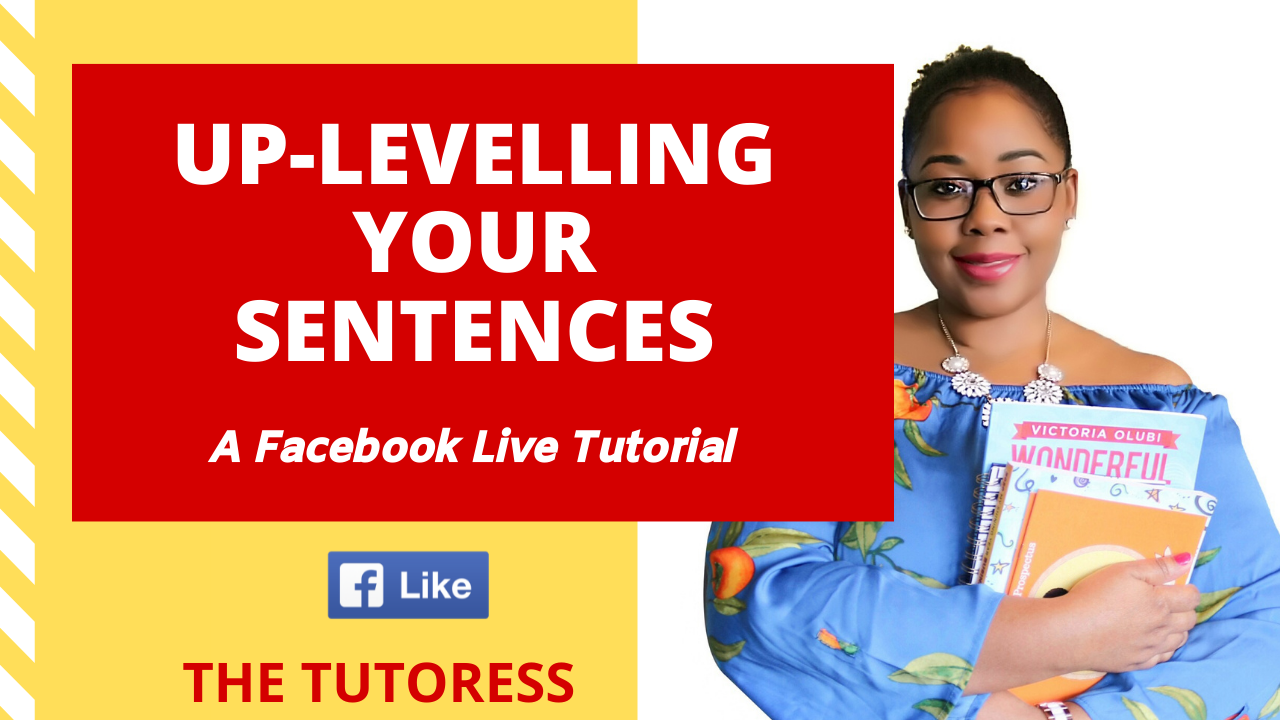What is outdoor learning?
Outdoor learning (or outdoor education) simply refers to organised learning in an outdoor setting.
Outdoor education often require students to participate in a variety of adventurous challenges and outdoor activities such as hiking, climbing, canoeing, ropes courses and group games with the purpose of improving their academic knowledge and skills.
Outdoor learning is commonly associated with the philosophy of experiential and environmental education. Outdoor learning is often referred synonymously with outdoor schooling, forest schools and wilderness education.
Outdoor education might seem relatively new but it's actually not a recent phenomenon, buzz word or trend. In fact, it occurs, in one form or another, in most if countries of the world.
However, its implementation can vary greatly depending on a variety of factors. It's therefore important to take an open-minded approach when learning about the benefits of outdoor learning for your child.
What is the purpose of outdoor learning?
Some of the aims of outdoor education include:
Teaching children how to overcome adversity
Enhancing their personal and social development
Helping children to develop a deeper relationship with nature
Raising attainment through interactive teaching and better learning experiences
Teaching children outdoor survival skills
Improving their problem solving skills
Enhancing team work
Reducing screen time
Outdoor learning Ideas
Examples of Outdoor Activities For Teachers, Caregivers and Parents
Examples of outdoor activities that can be organised by parents, teachers and guardians include:
Digging
Cloud gazing
Cycling
Photography
Hiking
Gardening
Countryside walks
Camping
Fishing
Hunting
Canoeing
Sailing
Rock Climbing
Horseback riding
Skiing
Outdoor Learning For Children With SEN
Outdoor education can be particularly beneficial for children who have special educational needs. Research by Szczutko et al, 2018 highlighted that the social, intellectual, emotional and physical benefits of outdoor learning were significant. For example, it reduced anxiety, improved trust and self-perception.
Additionally, SEN pupils experienced vast academic benefits from learning outside. If you’re a parent with a child that is neuro-divergent or has additional needs, it’s definitely worth incorporating outdoor activities into their routine.
Here are some ideas that will help to make these activities educational:
Using sticks to learn about 2D and 3D shapes
Writing a story about the outdoor location or activity
Using a potato peeler to whittle sticks and tree branches. These can then be used for art projects or as stimuli for creative writing. Alternatively, they can be used to help with mastering mathematical concepts such as probability, arithmetic and ratio. A little imagination can go a long way!
Playing in the snow
Observing nature through outdoor play and activities that encourage pupils to not only observe natural wildlife and vegetation, but also encourage them to analyse them and learn more about their behaviour. This can be particularly helpful when teaching science-related topics such as the lifecycle, plants and animals.
Lying down outside and glazing at the clouds might sound silly but it can be a great way to teach children about nature, descriptive writing and science.
According to Rickinson et al (2004), children benefit immensely from outdoor learning. These benefits include:
An increase in their knowledge and skills
A change in environmental behaviours and
attitudes to learning
Improved social development
Enhanced self-esteem and confidence
Improved physical development
A reduction in stress levels
Outdoor education has many benefits and is definitely something to incorporate into your child's learning routine.







